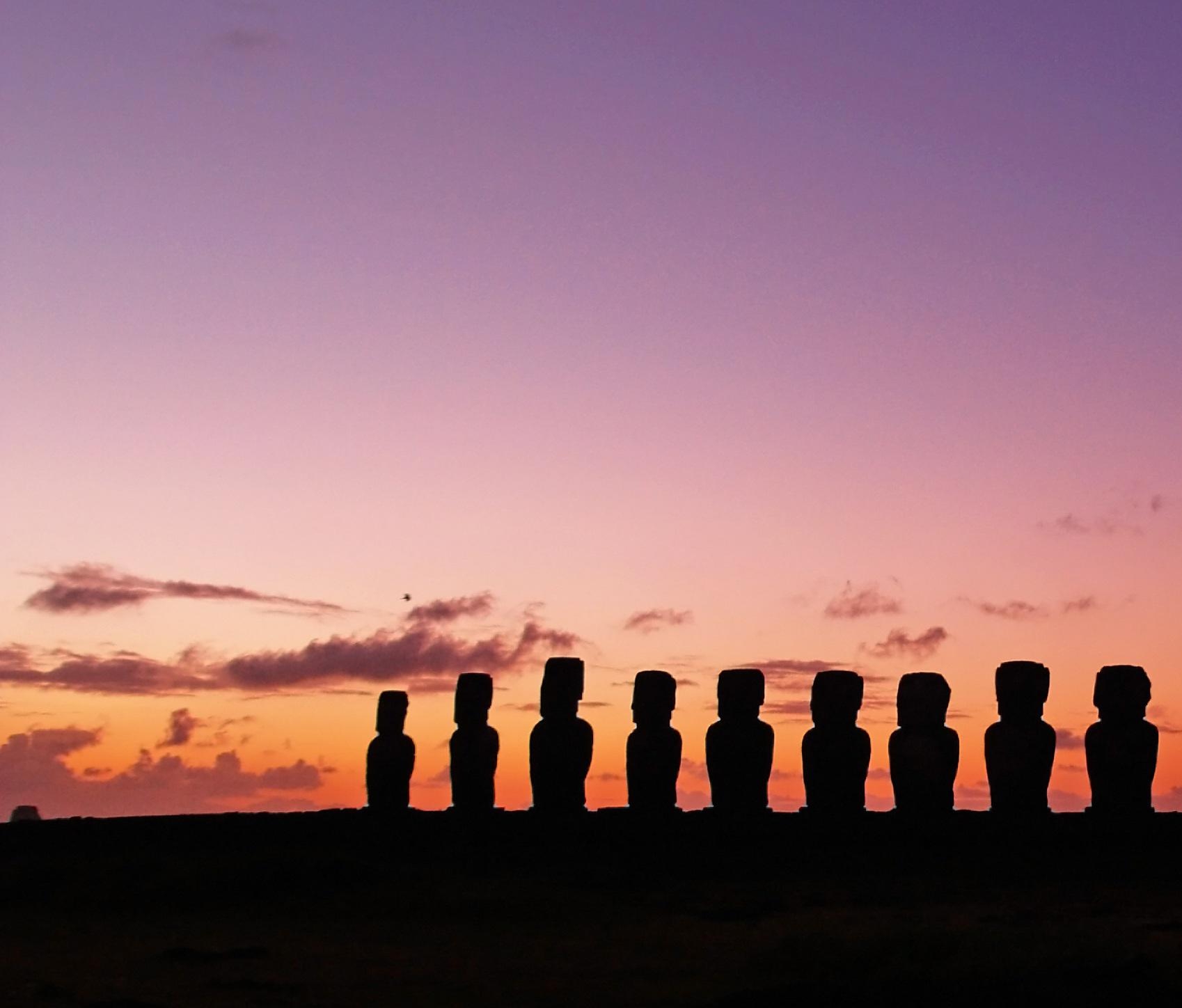We have been looking at the importance of focussing on our true self, the spark of the Divine within us and the importance of repentance, humility and purifying our self-centred emotions:
“Go back inside yourself and look: if you do not yet see yourself as beautiful, then do as the sculptor does with a statue he wants to make beautiful; he chisels away one part, and levels off another, makes one spot smooth and another clear, until he shows forth a beautiful face on the statue. Like him, remove what is superfluous, straighten what is crooked, clean up what is dark and make it bright, and never stop sculpting your own statue, until the godlike splendour of virtue shines forth from you… Open your eyes and see. (Plotinus Enneads I 6,9,7-24)”
But what do we see? Who or what is the Divine? Clement of Alexandria one of the early Church Fathers said: “The notion of pure being is the closest you can come to God……..He is ineffable, beyond all speech, beyond every concept, beyond every thought.”
We can neither describe God nor what we experience. We try to make sense with our rational consciousness of something our intuitive consciousness perceived, and that is impossible really. Bede Griffiths said: “It seems to me that we have ultimately to go beyond all forms of thought – even beyond the Trinity, the Incarnation…… All these belong to the world of signs – manifestations of God in human thought – but God Himself, Truth itself is beyond all forms of thought.”
What is important is to shift our centre of perception from the surface to the depth. Then we experience that: “The presence of Jesus within us, His Holy Spirit, calls out to us to become fully conscious of this level of our being. In the twinkling of an eye, we awaken to ourselves, to the spirit dwelling in us, and thence to consciousness of the communion with God himself in which we are called to share. And so, we awaken …to a complete communion of all beings in Being itself.” (John Main ‘Word into Silence’)
Then we show God’s nature through our transformed behaviour: “Every soul is, and becomes, that which she contemplates.”(Plotinus). All we have to do is sit and wait:
I said to my soul, be still, and let the dark come upon you
which shall be the darkness of God.
I said to my soul, be still, and wait without hope
for hope would be hope for the wrong thing;
there is yet faith.
But the faith and the love and the hope are all in the waiting.
Wait without thought, for you are not ready for thought:
So the darkness shall be the light, and the stillness the dancing.
(T.S.Eliot – Four Quartets)





